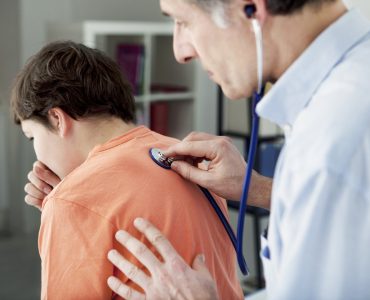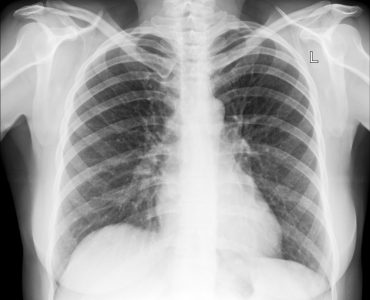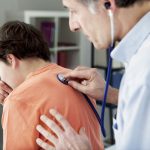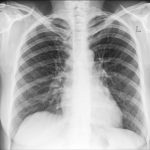Recovery
Stroke causes damage that can be long lasting and also widespread. Many people go through long duration of rehabilitation much before they recover their independence. The rehabilitation process shall depend on the severity and symptoms. A specialist team inclusive of doctors, nurses, speech therapists, occupational therapists, psychologists and physiotherapists are readily available for any help. Damage caused by stroke to the brain can have a great impact on other aspects of wellbeing and life and also depending on circumstances various treatments and methods of rehabilitation will be required. Mentioned below are these aspects in detail:
Psychological impact
After stroke people usually are in two common conditions psychologically:
Depression – Many people experience hopelessness and get withdrawn from any social activities.
Anxiety disorder – Many people also experience feelings of anxiety and fear
Psychological assistance must be provided in first month of the stroke. Anxiety and depression shall be treated with psychological therapies like behavioural therapy and counselling. Severe cases of anxiety and depression shall require medicines and additional treatment. Selective serotonin reuptake inhibitors (SSRIs) are antidepressants used to treat depression. In case SSRIs cannot be taken other type of antidepressants can be used. Benzodiazepines can be used to treat anxiety disorders for a short term. This medicine can give rise to side effects, hence should not be used for more than 2 weeks. Antidepressants can be used after this.
Cognitive impact
The term commonly used to describe several functions and processes which the brain makes use of to process any information is called as ‘cognitive’. Cognitive function can be disturbed by strokes. Cognitive function includes the following:
Communication – both written and verbal,
Spatial Awareness – natural awareness as to where the body is in relation with the environment,
Memory,
Concentration,
Executive Function – ability to problem solve, reasoning and planning
Praxis – ability to carry physical activities like getting dressed or preparing tea
Cognitive functions will be tested as it is an integral part of the treatment and rehabilitation and treatment plan shall be created. Different techniques will be taught to you so that you can ‘re-learn’ the cognitive functions that were disturbed like communication skills will be taught through speech therapy. There are numerous methods to get back the lost cognitive function like wall planner or memory aids. Most of the cognitive functions return after some time of rehabilitation but not like what it used to be before.
Physical impact
Strokes cause paralysis or weakness at one side of body. Also balance and co-ordination can be problematic to many. A physiotherapist need to be consulted, which will assess any disability before coming up with the treatment plan. Once medical conditions are stabilized treatment will begin. The physiotherapist shall work along with you so that your balance and posture are improved. A short duration of physiotherapy sessions will start. This duration will be extended as you regain control and strength. The exercise taught in this session can be done at home as well. Sometimes these sessions can last for years or months. It will be stopped if the results are not producing any improvements to the condition.
Providing support
Support can be provided in various ways in case a relative or friend has suffered a stroke. Below listed are few tips to expedite the rehabilitation process:
Practice exercises of physiotherapy in between sessions.
Provide reassurance and emotional support that the condition shall improve in some time.
Keep motivating the person to achieve his/her goals.
Adapt to their needs like speaking slowly in case of communication problems.
Taking care of a person who has recently suffered a stroke can be lonely and a frustrating experience. Careful advice needs to be provided in such cases.
Strokes part 4
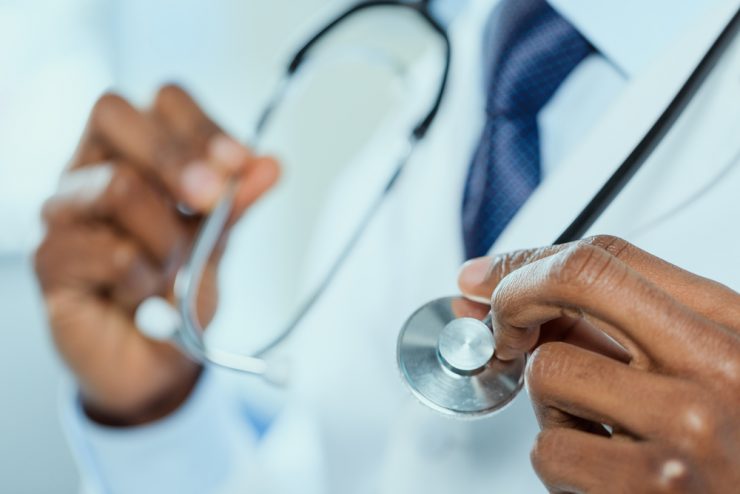
Let us know if you liked the post. That’s the only way we can improve.





